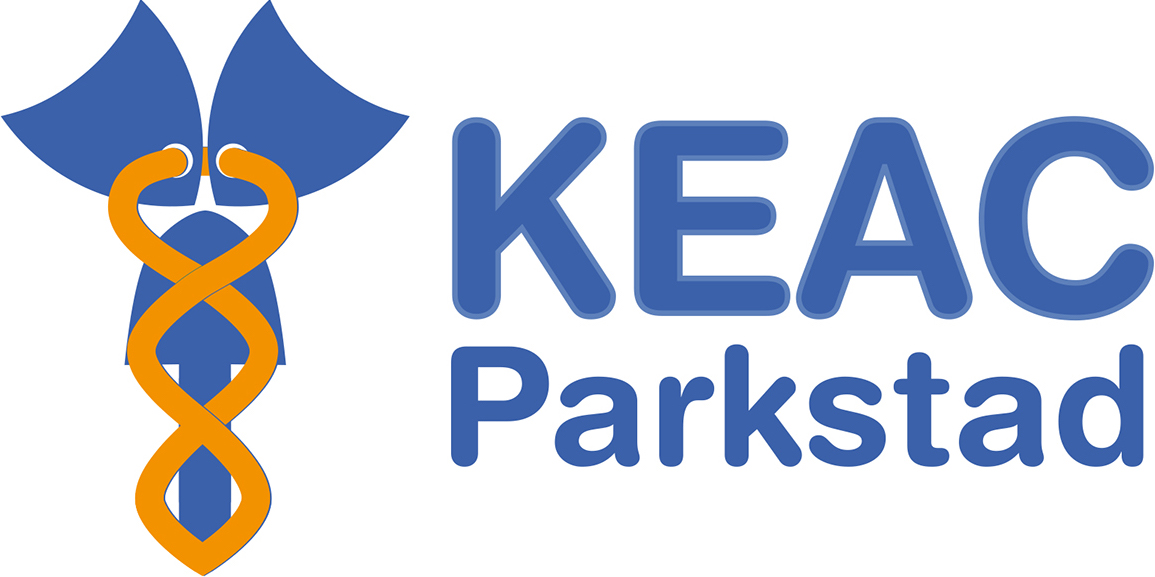- More than 30 years’ experience
- Performs scientific research itself
- Multiple types of tests side by side
- More than 97% of tests are DIN- and ISO-certified
- Criticism competitors is unfounded
More than 30 years’experience
The KEAC has over 30 years’ of experience in conducting laboratory tests. Many tests have been added in recent years. The competition has greatly increased and unfounded arguments have been used by competitors. We pride ourselves on offering a rapid, comprehensive and personalised service, including advice with therapy, all of which we believe are of great importance to our customers.
Did you know…?
- The KEAC supports tests from different suppliers. KEAC does not paycommissions to practitioners to use our tests. Also KEAC does not pay commission or rights for these test to third parties.</span
- Only KEAC has the access to Yes/No pretests. This ensures that you don’t spend money unnecessarily on expensive allergy tests.
- KEAC was the first laboratory in the Netherlands where the packaging met the UN3373-and IATA650-standards, both nationally and internationally. These safety requirements were established to protect postal workers and others.
- KEAC ensures that standard clinical and chemical research is carried out to the greatest possible extent by your own physician or medical specialist. This means that, whenever possible, the cost of regular testing may be covered by your regular medical insurance scheme.
Scientific research is carried out by KEAC itself
The KEAC does extensive research on the products that need to be tested in the allergy test. So is the allergen “Apple” that is tested in most allergy tests made up of some apples of any kind, mostly one. The Allergy consortium of Wageningen University as well as the KEAC has shown, that there are enormous differences in allergenicity between the different races of apple. For example, the apple variety Santana is a low allergen apple; Golden delicious is a high allergen apple. But there are also huge differences found between apples among themselves within one species. Therefore, for making the Apple-allergenic multiple breeds and several apples per variety used, which sometimes be tested in advance on their allergenicity. You can also suggest your products, such as your own apples or fried bread, send along to get tested.
Other tests offered
KEAC offers a comprehensive range of more than 2000 tests used in health care, provided by contracts with 22 laboratories worldwide. KEAC mediates in testing carried out in many countries all over the world. In most cases, the results are provided in Dutch. KEAC has no commercial ties with laboratories or companies. KEAC also provides regular in-service training for certain investigations and therapies.
More than 97% of the tests are DIN and ISO certified
More than 97% of the tests performed by KEAC are DIN en ISO certified. Only a small number of tests are carried out in accordance with Good Medical Practice (GMP)/GCP-norms of the EC/ICH E6. All KEAC tests are carried out according to established protocols.
Criticism from competitors that KEAC tests are carried out in non-certified or accredited laboratory is unwarranted. Almost all tests commissioned by KEAC take place in certified laboratories. KEAC tests are performed according to established standards and protocols and, therefore, are neither better nor worse than those carried out by other laboratories.
More than 99% of KEAC tests are performed in normal certified laboratories. All other KEAC tests are also carried out according to protocols following CCKL guidelines.
DIN- and ISO-Norms
Criticism that KEAC tests are not carried out according to ISO standard is unfounded, since testing in laboratories selected by KEAC are validated and run according to a set protocol. 97% of KEAC tests are carried out according to DIN en ISO/IEC 17025 or similar standards. KEAC tests carried out according to GMP are also analysed in accordance with a fixed, defined protocol.
CE-Mark
Criticism that KEAC allergy tests have no CE mark is also unfounded. KEAC offers has IgE and IgG allergy tests with and without the CE mark and DIN en ISO/IEC 17025 standard. Besides, more than 80% of laboratory tests that carry the CE label are, in fact, not CE-approved.
Reliability
Other critics claim that IgG is more reliable than IgG4 allergy research. Research of the St. George’s Hospital shows this is not correct. Besides, KEAC carries out both IgG and IgG4-allergy research using different brands.
